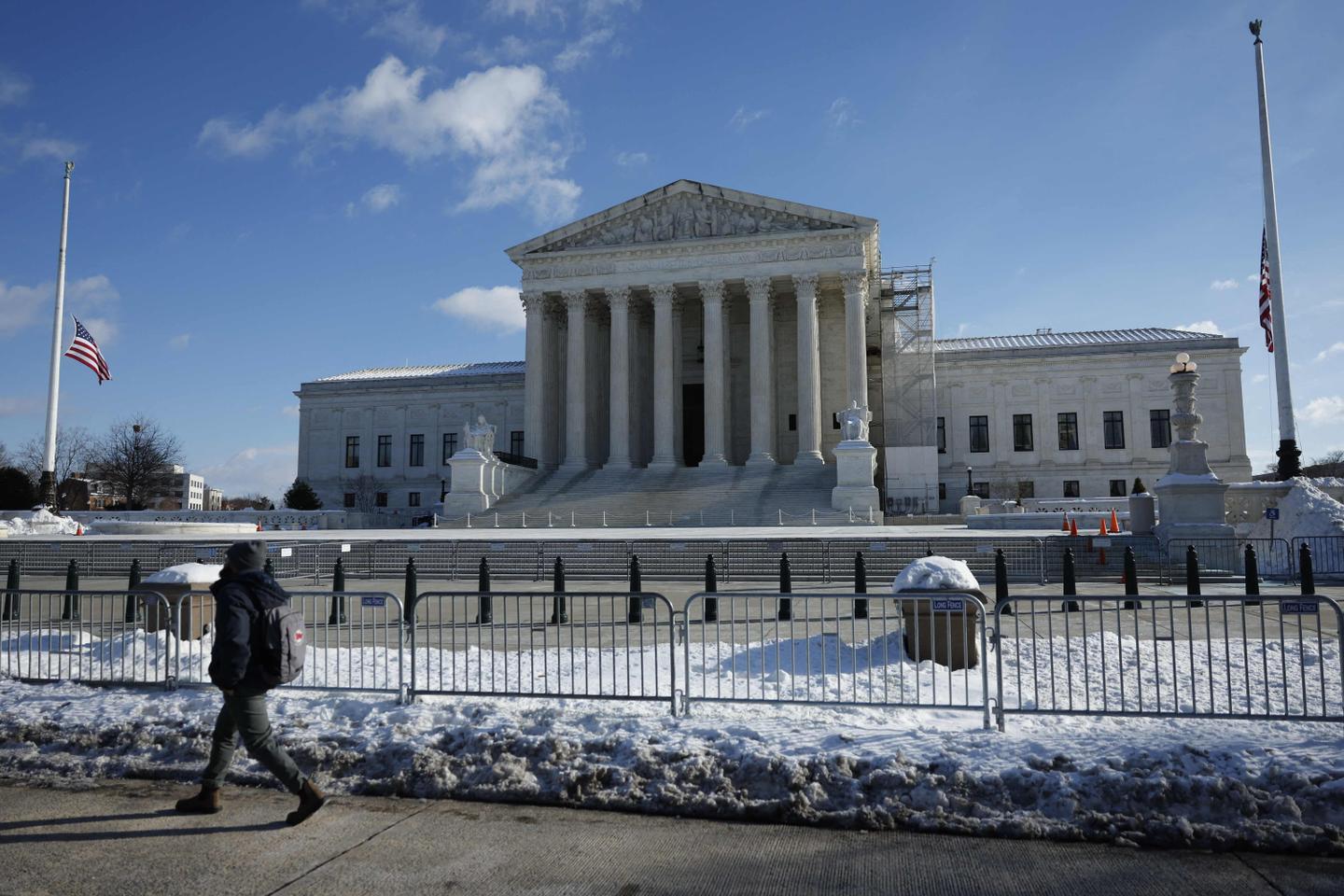Giorgia Meloni pushes Italy’s migration strategy as a model – Technologist
Since she came to power two years ago, Italian Prime Minister Giorgia Meloni’s foreign policy has been dominated by one priority: the fight against illegal immigration. This has been the theme of all her speeches and international meetings, right up to the platform of the United Nations on Tuesday, September 24, where she repeated her usual slogan: the defense of the “right not to emigrate.”
Her efforts have focused on building economic partnerships, still in their infancy, with countries on the African continent. But they have resulted mainly in the increasingly pronounced outsourcing of European border controls to the southern shores of the Mediterranean. And this is being done despite the serious human rights violations committed there against migrants wishing to reach Europe.
On this front, with Tunisia as her main partner, Meloni has scored a definite success in the eyes of her electorate. Arrivals on Italian shores have seen a remarkable drop. As of September 25, there were 47,569 for the year 2024, compared with 133,098 for the same period in 2023, according to figures from the Italian Interior Ministry. Meanwhile, according to data from Frontex, the European border guard agency, migration flows on the Central Mediterranean route have fallen by 61%.
The prime minister has also used the issue of migration as a lever of international influence for Italy. She has become a key figure on the issue in Brussels and now sets her strategy as a model. She has also enjoyed the strong and constant support of the president of the European Commission, Ursula von der Leyen, on this issue. The far-right leader has also been praised by British Prime Minister Keir Starmer (Labour Party), who, on an official visit to Rome on September 16, praised Italy’s “remarkable progress” in the fight against illegal entry.
Tackling the causes of migration flows
The German Interior Ministry, headed by Social Democrat Nancy Faeser, even uses the term “Albania model” to refer to the Italian-run detention centers that Rome is building in Albania to process the asylum claims of certain migrants. The issue of migration was also at the heart of a meeting between Meloni and her German counterpart, Olaf Scholz, on Thursday, September 26, with both parties agreeing to maintain “close coordination” on the subject ahead of the next European Council meetings. Matteo Villa, a specialist in migration issues at the Institute for International Political Studies, a research center in Milan, explained, “In Europe, the internal dimension of migration, the distribution of migrants, is a source of conflict. By approaching it from the external dimension, Giorgia Meloni can bring everyone into agreement and rally support for her method.”
You have 56.8% of this article left to read. The rest is for subscribers only.


